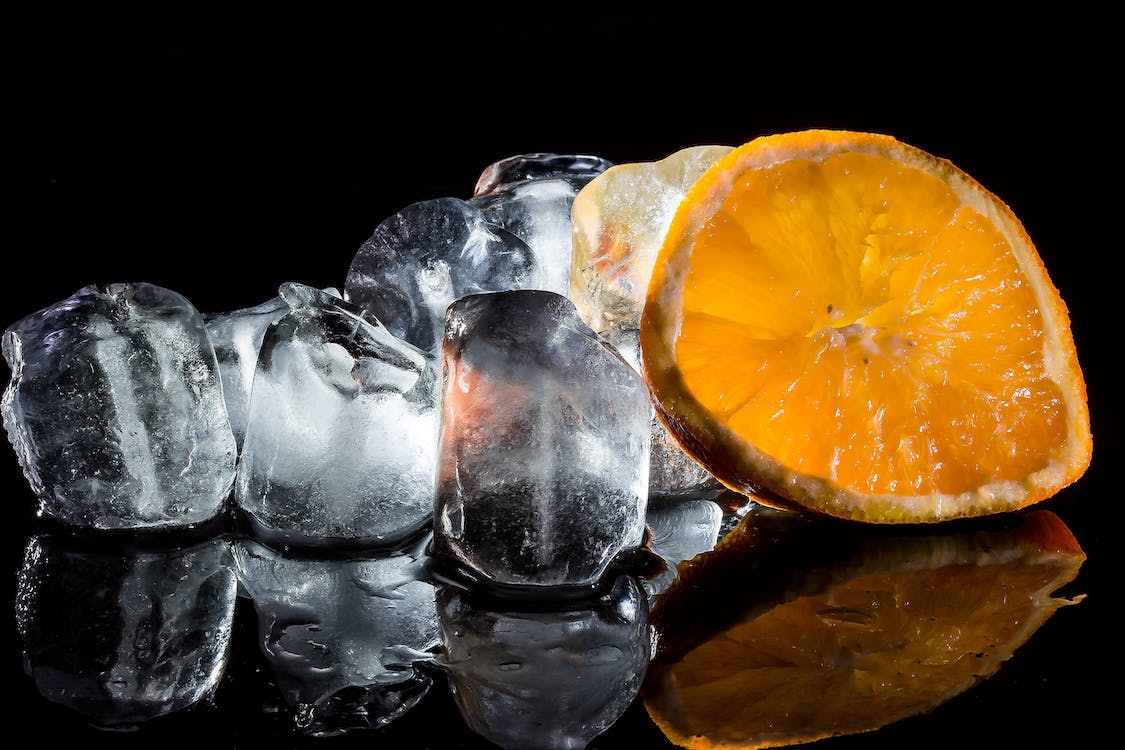Why does ice float rather than sink? The reason is simple: ice is a solid, which means it has a lower density than water. Because of this, ice floats on water. This phenomenon is called buoyancy and occurs because a solid’s weight exerts an equal amount of pressure on water and a liquid’s weight exerts a proportional force on the object.
This phenomenon is called buoyancy, and it is the result of two forces – gravity and buoyancy. A solid is heavier than a liquid, and therefore is pushed upwards, while a liquid’s weight pulls it downwards. The greater the upward push, the more buoyant it is. For this reason, ice floats in water. It is a miracle that most solids don’t float in water!

Another reason for ice to float is its structure. The hexagonal structure of water molecules allows for more space between water molecules, making ice a floating solid. The hexagonal structure of water molecules makes it less dense than liquid water. This makes water the only substance that is less dense than its liquid state. And if you’ve ever wondered how ice floats, you’re not alone.
Water molecules possess a lot of energy when they are warm, so if ice floats in water, it will float in oil. However, as water cools, its density decreases and it rearranges into crystals. Consequently, ice is lighter than liquid water, while alcohol is much heavier. That’s why ice cubes float in a mixed drink. It also explains why alcohol floats in liquids, such as water.
The structure of ice is due to a special type of bond between hydrogen atoms and oxygen. This bond helps the molecules to occupy more space than they would have if they were in a solid. The hydrogen bond also gives ice its buoyancy. Its density is low, which is why it can be a great substance to use in many ways. The more it expands, the higher the pressure it exerts.
Besides keeping lakes and rivers open, it allows fish to live in frozen water. If ice sank, water would freeze from top to bottom, making all aquatic life impossible. If this were to happen, rivers and lakes would freeze solid and kill everything. The ice would float instead. This keeps the water in the bodies of water insulated from cold. So, if you notice that ice floats on top of water, don’t worry – your fish will still be able to live.
The answer to the question “why does ice float rather than sink?” is largely due to the density of the liquid. As a result, liquids become less dense than solids and become less dense. Water has the same density as rocks but a different density trend. In contrast, most other liquids reach their maximum density at freezing temperatures, while water only reaches this point at 4 degrees Celsius.
